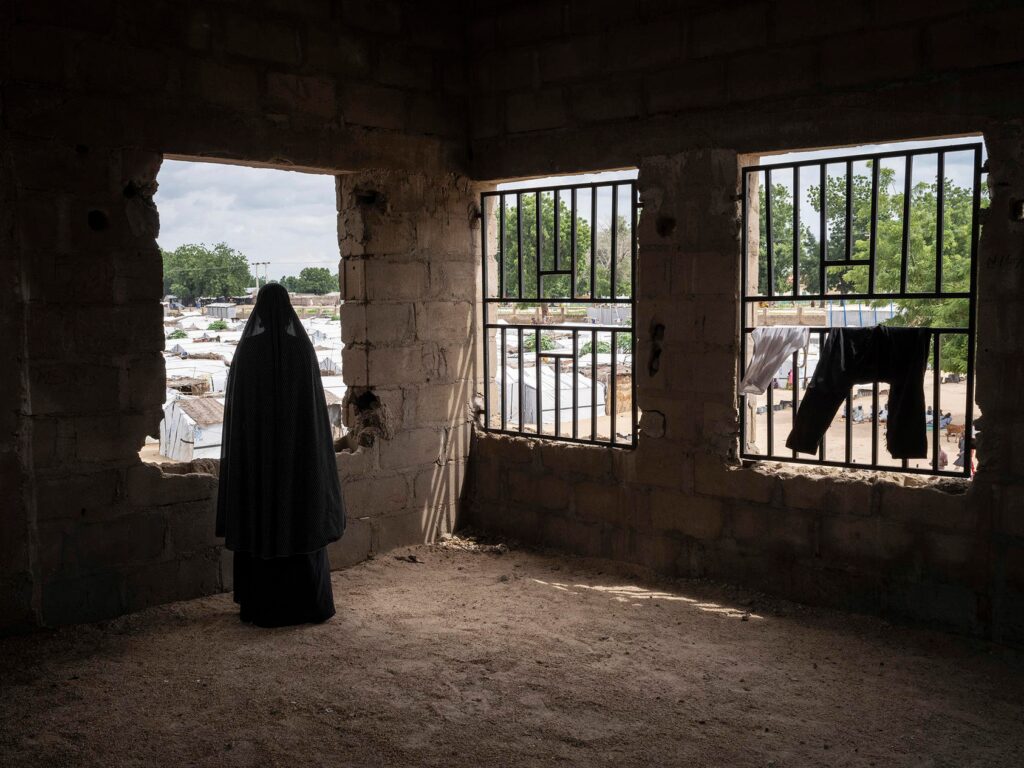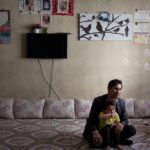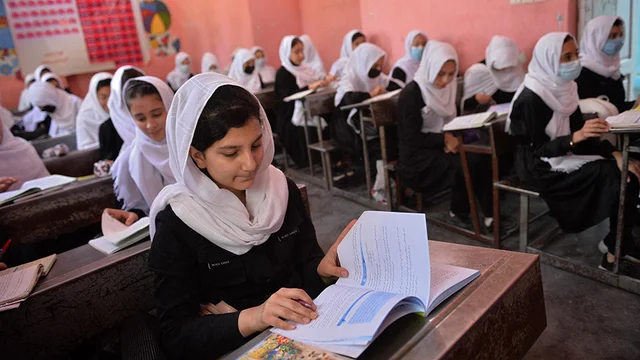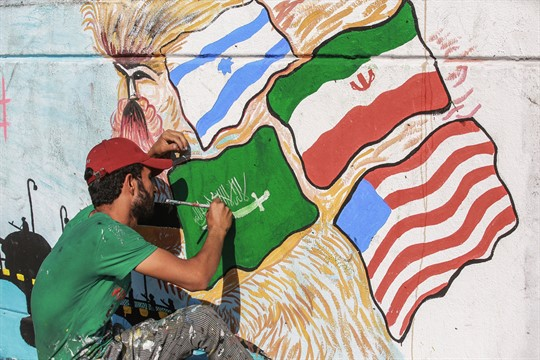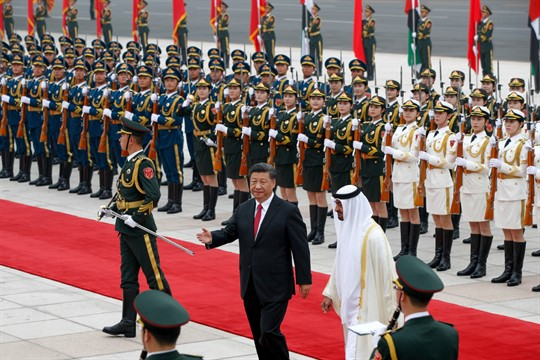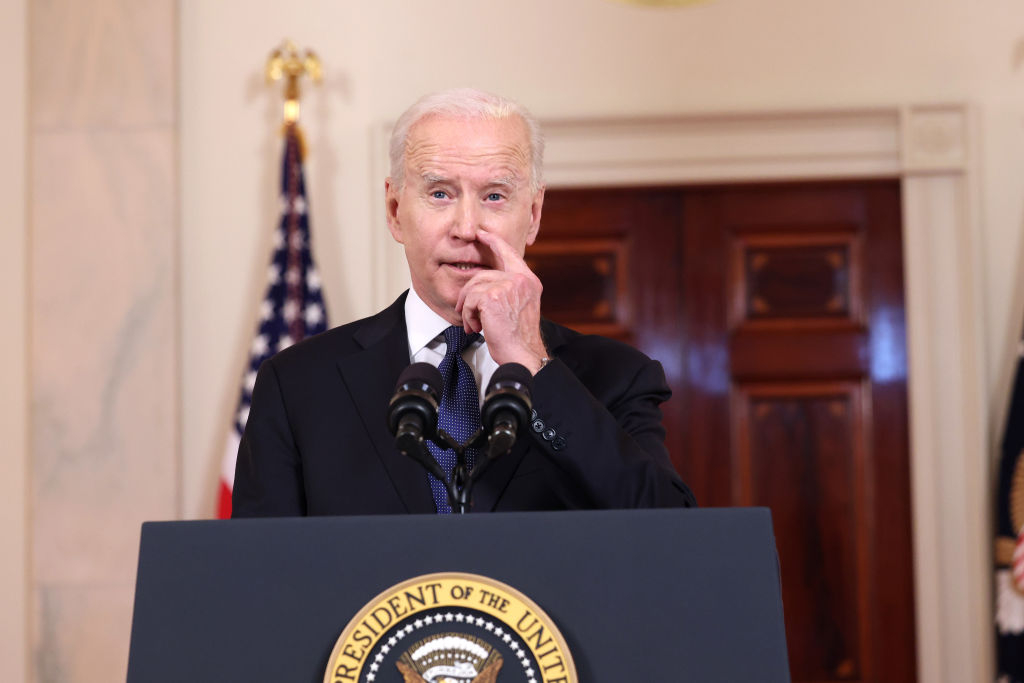Mali: le journaliste Olivier Dubois otage d’un groupe jihadiste, confirme Paris
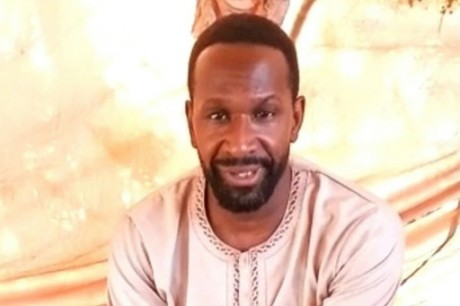
La France considère que le journaliste français Olivier Dubois, disparu début avril au Mali et réapparu depuis dans une vidéo, est otage d’un groupe jidahiste, a déclaré dimanche le chef de la diplomatie française Jean-Yves Le Drian.
“On peut penser que ce journaliste est aujourd’hui un nouvel otage (…) Tout nous laisse à penser qu’il est otage d’un groupe jihadiste”, a-t-il déclaré au Grand Jury RTL/Le Figaro/LCI.


